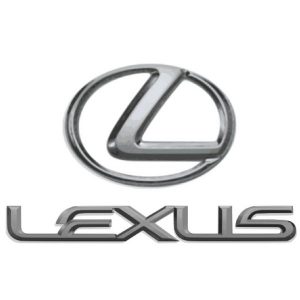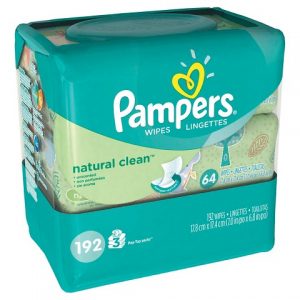 Top Class Action Lawsuits
Top Class Action Lawsuits
Heads up Lexus Drivers…some shattering allegations this week, pardon the pun, in the form of a defective automotive class action lawsuit filed against Toyota, the parent company of Lexus, alleging the sunroofs in its luxury vehicles spontaneously explode and shatter.
Filed by Ginger Minoletti, in California, the lawsuit alleges Minoletti was driving her Lexus RX 350 on Highway 101 in San Francisco in February 2016 when she heard a strange, loud cracking noise. Shortly afterwards, she found that the sunroof in her car had splintered, but that the broken glass was contained by the sliding cover shade.
The Lexus sunroof lawsuit states that Minoletti paid for repairs to the sunroof herself because Toyota refused to and the vehicle was no longer covered under warranty.
According to court documents, Lexus and Toyota have been aware of this issue since 2012, but have done nothing to warn consumers. The lawsuit also states that the National Highway Traffic Safety Administration has received numerous complaints about the defect, which is potentially dangerous and expensive to repair.
Wait—there’s more—the NHTSA is allegedly probing a number of automakers, including Ford Motor Co., Volkswagen AG, Hyundai Motor Co. and Audi AG, for sunroof defects.
The suit is brought on behalf of a proposed class of Californians who own or lease a Lexus with a sunroof and alleges violations of the Song-Beverly Consumer Warranty Act and California business code. The case is Minoletti v. Toyota Motors Sales USA Inc., case number BC636269, in Superior Court of the State of California, County of Los Angeles.
Top Settlements
Defective Hip Implant Settlement. Finally. This week saw some big and likely welcome news on the Wright defective hip implants multidistrict litigation (MDL). A $240 million settlement has been reached. The settlement effectively ends five years of litigation brought by 1,300 claimants who alleged their Wright hip implants failed anywhere from 150 days to eight years following hip replacement surgery.
Wright Medical Group announced the settlement on behalf of its wholly-owned subsidiary, Wright Medical Technology. Two years ago Wright sold its hip and knee implant division that produced the allegedly defective replacement hip devices to a Chinese company.
Under the terms of the agreement, Wright will pay $170,000 to each claimant who received the Conserve Cup device. Additionally, the company will pay $120,000 to each claimant who received either a Dynasty or Lineage replacement hip. Further, Wright will establish a fund to reimburse patients who suffered “extraordinary injury” resulting from the failure of their hip implants.
According to court documents, the defect causing the failure of the hip implants was a metal-on-metal design that resulted in metal wear and shedding of metallic debris into surrounding tissue. This led to “metallosis”, a condition in which the tissue becomes inflamed and toxic, dissolving bone that anchored the implant. Ultimately, the metallosis led to failure of the implants.
The settlement affects multidistrict litigation now pending in federal court in Atlanta and consolidated litigation in Los Angeles Superior Court in California.
Depakote Dealings…More good news on the class action settlement front—to the tune of $28.125 million. The agreement ends litigation against Omnicare Inc., alleging the country’s largest nursing home promoted Abbott’s prescription anti-epileptic drug Depakote to its patients, in exchange for kickbacks disguised as “grants” and “educational funding.”
FYI—Omnicare operates 160 nursing homes in 160 locations across 47 states, making it the largest provider of pharmaceutical services in nursing homes. That’s a lot of potential drug sales… just saying.
According to the terms of the settlement approximately $20.3 million of the settlement fund will go to the federal government, and $7.8 million to cover Medicaid program claims by states that elect to participate in the settlement. Medicaid is jointly funded by the federal and state governments.
Depakote (also known as valproate semisodium or divalproex sodium) is a popular drug used to treat epilepsy and manic episodes of bipolar disorder.
The cases are captioned United States ex rel. Spetter v. Abbott Labs., et al., Case No. 10-cv-00006 (W.D. Va.) and United States ex rel. McCoyd v. Abbott Labs., et al., Case No. 07-cv-00081 (W.D. Va.). The claims resolved by the settlement are allegations only, and there has been no determination of liability.
Well, that’s a wrap for this week. See you at the Bar!

 Top Class Action Lawsuits
Top Class Action Lawsuits